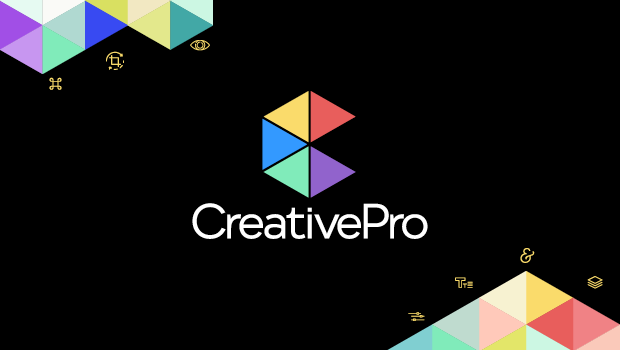Eye on the Web: Time for a Little Soul Searching

You hear it all the time. You probably say it all the time. Someone mentions they’ve been looking for something on the Web, a recipe for oatmeal cookies say, and the first response of anyone even cursorily acquainted with the Internet is, “Well, did you do a search for it?”
Time was there were so few sites on the Web that you could pretty much run down a list of them and decide which one would best suit your needs. Now, according to a recent article in “The New Yorker,” there are over a billion sites on the Web and seven billion links, or roughly one for every person in the world. I’ve already spent too much time wondering which link is mine.
Watching the Web Watchers
That’s why everyone who’s ever surfed the Web has been to at least one search engine. How else to find what you are looking for in the aptly named Web? In case you had any doubt as to the sheer quantity of Web searches taking place at any one time, check out either Search Voyeur or Metaspy. Both of these titillating sites let you monitor a continually updating list of terms other people, just like you, are searching for at that moment. Search Voyeur is brought to you by WebCrawler, one of the older search engines on the Web, and Metaspy is a service of Metacrawler, featuring an engine that compiles results from other search sites. If you like your voyeurism in full sentences, check out Take A Peek where you can train your peeping toms on the “natural language” questions people are Asking Jeeves at any time.
Although these search terms return buckets of results, the Web is as vast as we can imagine, and it’s easy for information, and sites, to slip through the cracks. “The New Yorker” article, which appeared in the magazine’s recent “digital issue” (ironic since it is one of the few print magazines still enjoying a wide distribution that doesn’t have an online counterpart), dispensed the somewhat astonishing factoid that the largest search engine on the Web, run by Inktomi Corporation, a company that provides Internet data mining services to a slew of Web portals, has indexed only half of the sites out there.
Yes, gone are the days when a couple of Stanford University graduates decked out in khakis and oxford shirts could reasonably expect to create a catalog of sites on the Web (Yahoo’s people-powered cataloging system is apparently running behind many of its more automated counterparts). Or are they? “The New Yorker” describes perhaps the next stage of Web searching technology, the progeny of none other than two Stanford students, Google. Apparently where other search engines have been displaying search results in a hierarchy dependent on keywords, Google looks at the number, and prestige, of links to a site, giving the best-connected sites prominent placement. Could this be the dawn of a social technocracy?
Search Me
It’s also interesting to see how the search metaphor has seeped into the so-called real world, piggy-backing on all sorts of new technological devices. When we send email, we don’t look up an address in our address book — we type in keywords or letters and let our technology find it for us. Fewer people use the offline yellow pages now that they can search them online. At the very least, we may call 411 and ask for a number by keyword, such as name. People using cell phones (and this is on the authority of friends as I try to stay away from them myself) will often type a keyword into an electronic address book to find a number, rather than sorting through a list of numbers. And what are Palm handhelds and their cousins but handy little mechanisms for storing information pertinent to your life, so you can search for what you need using much the same method the Web has accustomed you to?
It’s no secret that search technology on the Web is lacking. We’ve all been frustrated when what seems like a simple search request turns up sixty thousand useless results. Like the Web itself, Web search technology will continue to evolve and, with the help of developing technologies like XML (extensible markup language), will get better and easier to use. Of course, if you want a head start today, I suggest checking out Search Engine Watch, which describes the technologies behind all the major search engines and offers hints on how to search more effectively in today’s online world.
With the concept of searching already so integrated into our collective consciousness it will be fascinating to see, with the maturing of technology, how it becomes further entrenched. It may not be long before the question “Did you do a search for it?” is no longer asked, but simply implied.
Read more by Andrea Dudrow. “Eye on the Web” appears every Monday on Creativepro.com.
This article was last modified on January 8, 2023
This article was first published on June 12, 2000
Commenting is easier and faster when you're logged in!
Recommended for you

Setting Readable Reversed Type
Learn how to maximize the readability of light type on a dark or busy background...

SmileOnMyMac Releases PDFpen 3.0.2 with Enhanced Editing Features
SmileOnMyMac has released PDFpen 3.0.2, an update to its PDF editing and form-fi...

Why is the Effects Panel Grayed Out?
Have you ever tried to apply effects to a text frame, but the whole Effects pane...



